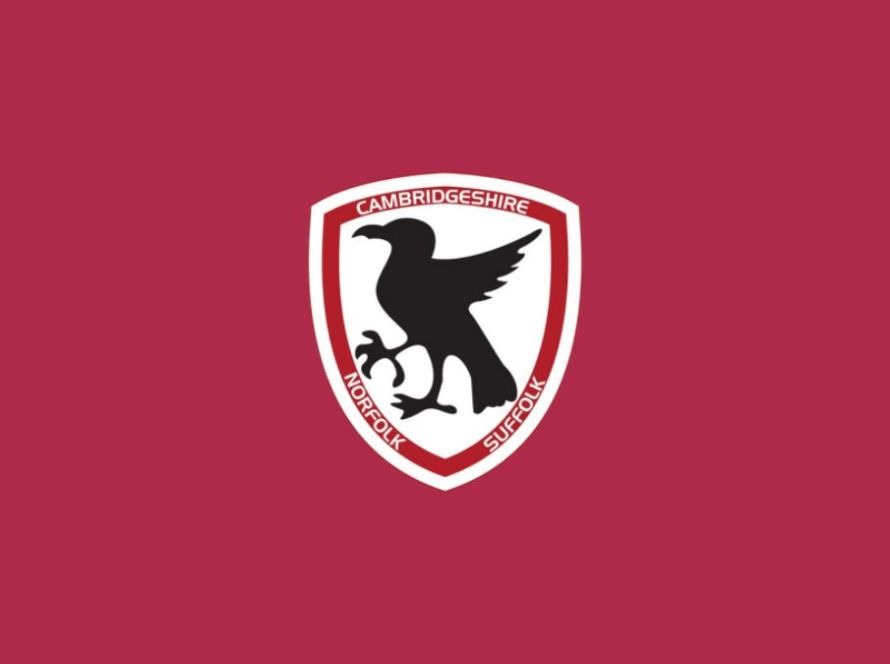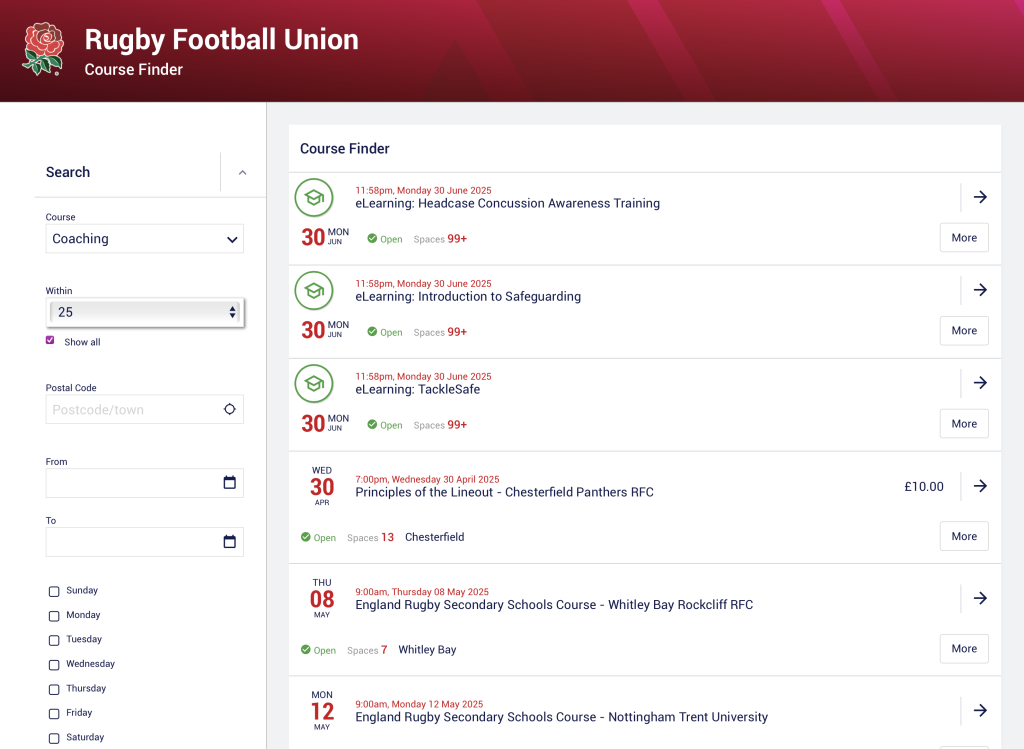Our RFU council member & ECRU chairman.
We sometimes misuse the phrase ‘Valued Volunteer’ but John provides us with one example when this term is insufficient.
John went the extra mile, and then some, with his obvious passion for Rugby at both his Club, Wymondham RFC, with Eastern Counties and with Norfolk RU.
John always contributed more than anyone would expect and was a role model of how a Volunteer offers their services without any expectation of thanks, or for reasons of ‘personal advancement’.
At Wymondham he Coached, then went on to take the role of Chair when the Club was at Tuttles Lane,(2010-12) where he was an active part of a project team, planning the move to Barnards Fields, and where he took the role of Club President in the years 2022-24.
John was also the recipient of the Club’s Red Lion Award, given only to a select few whose exceptional contribution was recognised.
His early work with EC included being manager of the EC Under 17 and Under 18 Age Groups, where he oversaw the development of the EC Elite programme for these Groups – this involved managing Players, Coaches and liaising with Leicester Tigers and Northampton Saints Academies.
The word ‘Team’ was always part of his ethos, whether as Chair of the EC Competitions Group, and one of our two representatives to the London ROC – a role that he has held for ten years, or as one of EC’s Nominations Group, where his former experience in HR supported our aim to recruit people that would contribute to the workings of ECRU.
His service for Norfolk RU saw him elected as County President ( 2020-22) and Competitions Secretary, ensuring that the Norfolk Cup programme gave playing time to as many teams, and at every level, as possible.
John was active in helping to create the Big Norfolk Rugby Weekend, showcasing the best Rugby that the County Clubs could provide; even after leaving Office in the County John continued to support the County and offer advice to those that followed him.
What a legacy.
John was one of those people that constantly offered support and advice to those that sought it, whether at his Club, where his Thursday evening visits to meet his friends for a round of Cribbage, or just to talk to those that wanted information and advice. The majority of Saturdays saw him at the Club or at Away fixtures, and often on Sundays as well, anxious to support whoever was playing – as ever helpful, interested and passionate – a true ‘Club Man’.
His visit to watch Wymondham’s First XV at Rochford Hundred on Saturday 15th. was sadly his final one.
From a personal viewpoint John was a trusted source of opinion and advice to me; I was a frequent visitor to his home, and the bonds of friendship grew from that – our discussions about how Rugby should be showcased, how some Clubs might be supported and the general state of the Game in England provided many hours of discourse.
None of his activity would have been possible without the constant support and tolerance from Annette, his wife; given that many of us saw as much of John as she must have done – her love for John has been abundant.
We can only offer our thanks for his life with us and our condolences to her and the family who he has left – a somewhat inadequate token in recognising his achievements.
Needless to say we will all miss John, as I will, and for more than just ‘Rugby’.
Too soon John; too soon.
Rest in Peace.
Roger Pierson | RFU Council Member, ECRU Chairman




